Christoph Raetzsch is Associate Professor at the Department of Media and Journalism Studies of Aarhus University (Denmark). He works in journalism studies and researches history and theory of media development and practice in journalism, public spheres and urban spaces. He graduated in 2014 from Freie Universität Berlin and was a postdoctoral researcher in the project OrganiCity at Aarhus University. His recent research deals with interpretations of smartness to animate civic innovation in cities, the interfaces and infrastructures of publics besides journalism, and the emergent potential of quotidian media practices to shape public discourses. He is the principal investigator of the AUFF-funded project “Infrapublics: Infrastructures and Interfaces of Publics: Journalism for Civic Communication in Urban Spaces” (2021-2023) and co-PI of the DFG-funded project “Journalism Challenged: Understanding Performative Publics through Media Practice” (led by Margreth Lünenborg, Freie Universität Berlin, 2020-2023). His research has been published in Journalism Studies, Digital Journalism, Convergence, Media and Communication, Studies in Communication Sciences (SComS), Media History, Big Data & Society and Surveillance & Society.
Email: craetzsch@cc.au.dk
ORCID: https://orcid.org/0000-0002-1256-2313
Personal profile on AU Web
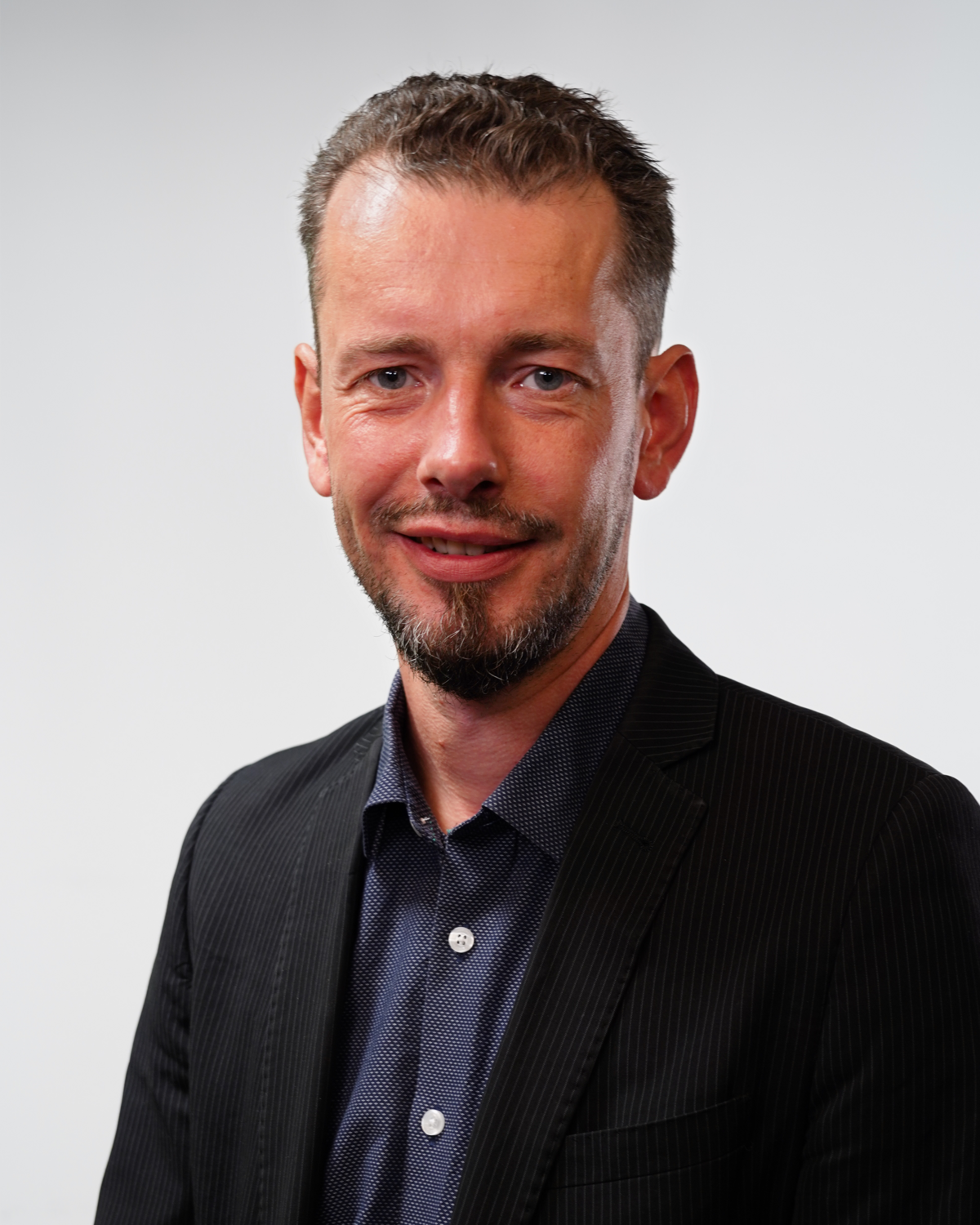
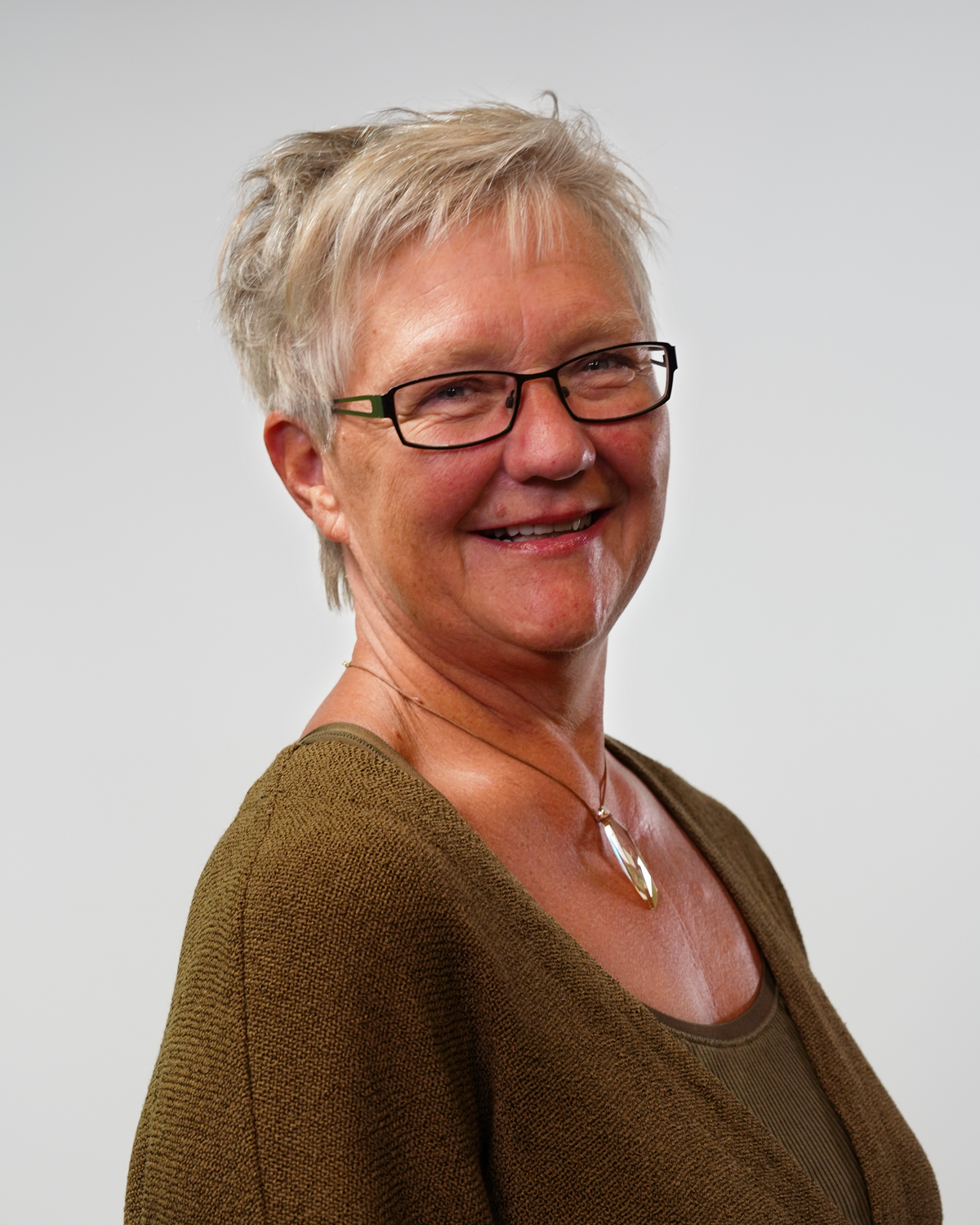
Anne Marit Waade, Professor in Global Media Industries, Head of Department, Media Studies and Journalism at Aarhus University. Her research focuses on the creative industry, screen tourism, promotional culture, Nordic noir, location studies and landscapes in television series. She has published Wallanderland (2010), Locating Nordic Noir (2017), Screening the Westcoast (2021), Screen tourism on the smart phone (2021). (Her research has been funded by national and international funding bodies, including projects on the international export of Danish television drama series (DFF), screen tourism destination development (Danish Innovation fund), travel series as television entertainment (DFF), and European crime series (DETECt, H2020).
Email: amwaade@cc.au.dk
Phone: +45 4023 1785
Henrik Bødker is Associate Professor at the Department of Media and Journalism Studies at Aarhus University, Denmark. His research is on how digital technologies are transforming the circulation and temporalities of journalism. More recently, he has turned this interest towards climate change journalism. Last year he co-edited (with Hanna Morris, U of Toronto) Climate Change and Journalism: Negotiating Rifts of Time (Routledge) and he is currently embarking on a new funded project bridging journalism studies and environmental humanities. His work appears in Media History, Critical Studies in Media Communication, Digital Journalism, Journalism and Journalism Studies; he sits on the editorial board of the last two of these journals.
Email: hb@cc.au.dk
Phone: +45 2899 2192
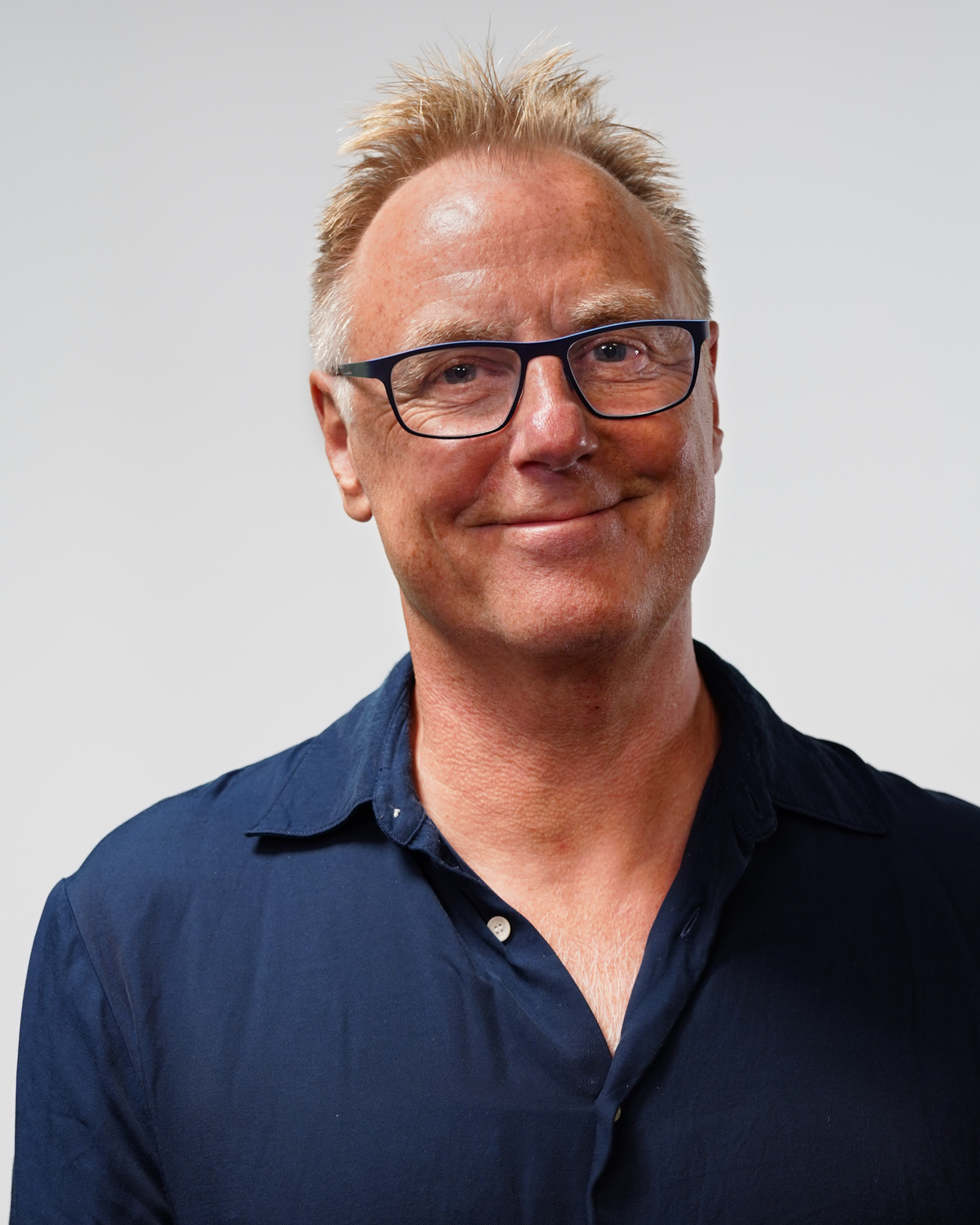

Vibeke Thøis Madsen is a Senior Associate Professor at DMJX, the Danish School of Media and Journalism. Her research interests are focused on ‘participatory communication on internal social media’, ‘employees as strategic communicators’ and organizational communication. She has, for example, written articles about communicative leadership on internal social media, spirals of voice on internal social media, as well as employees active communication roles. In addition to contributions to edited volumes, her research appear in Corporate Communication: An International Journal, International Journal of Business Communication, International Journal of Strategic Communication and Journal of Communication Management.
Email: vtm@dmjx.dk
Phone: +45 2911 4016
Amalie K. Falk Stauner is the Local Conference Manager at ECREA 2022 at Aarhus university. She works with Legacy outreach of the conference regarding the collaboration between the university, city and industry partners engaging in the impact tours. Besides that the manages the Impact communications teams and is part of the Local organising comittee and Venue management team. She has a Master’s degree in Media Studies from the Department of Media and Journalism studies at Aarhus university.


Ditte Oksen Lassen is a student assistant at the Department of Media and Journalism Studies at Aarhus University, where she works with web communication and graphic design. She is currently pursuing a master’s degree in Experience Economy, which she will finish in the summer of 2024.
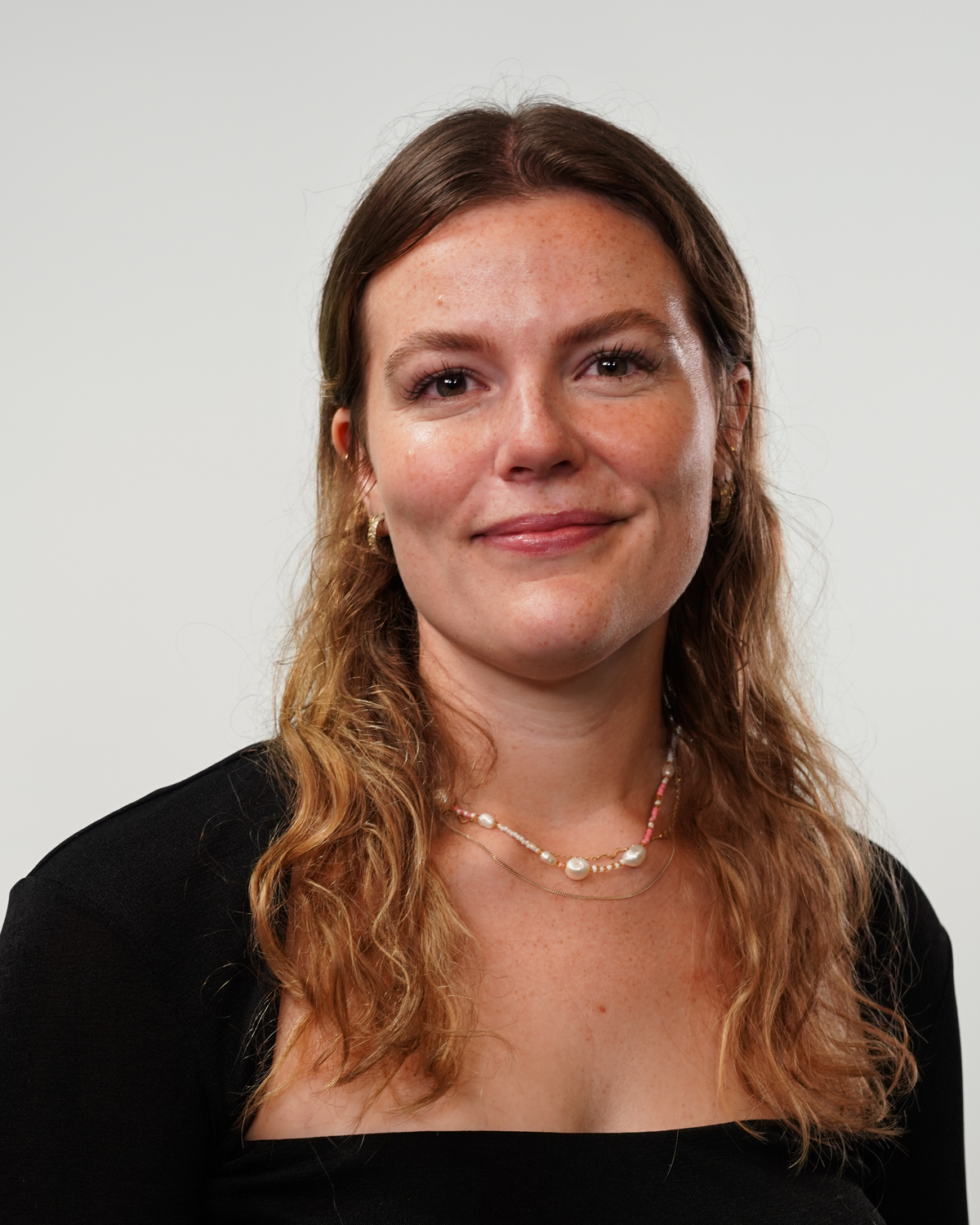
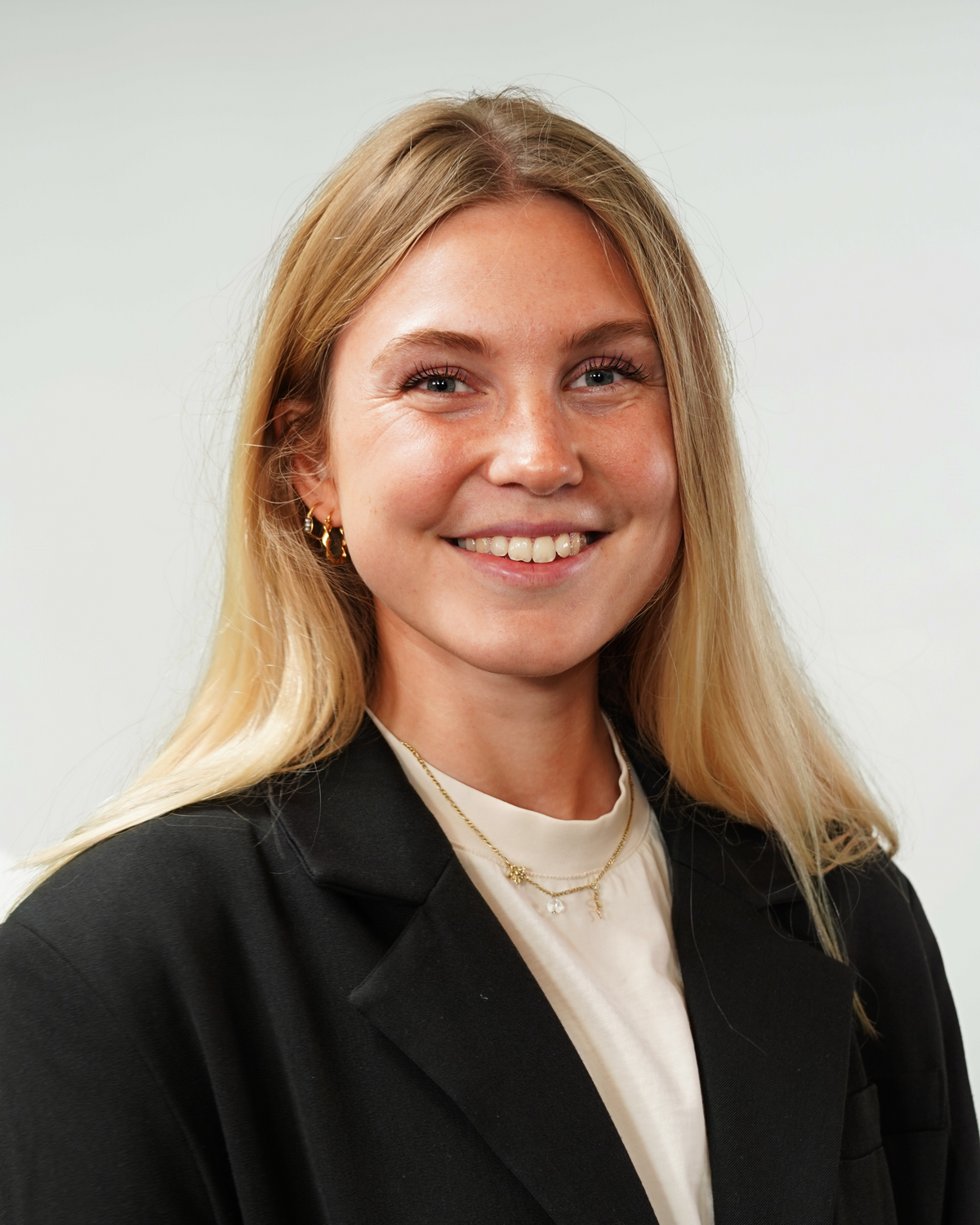
Naja Schultz Petersen is a student assistant at the Department of Media and Journalism Studies, Aarhus University, where she works with web communication. She is currently studying for a master’s degree in Media studies which she will finish summer of 2023.
Markus Jacobsen is doing his internship as part of the local conference management team. Among his main tasks has been recruiting and organising the volunteers of the conference. Markus is currently pursuing his master’s degree in International Studies at Aarhus University which he will receive in the summer of 2023
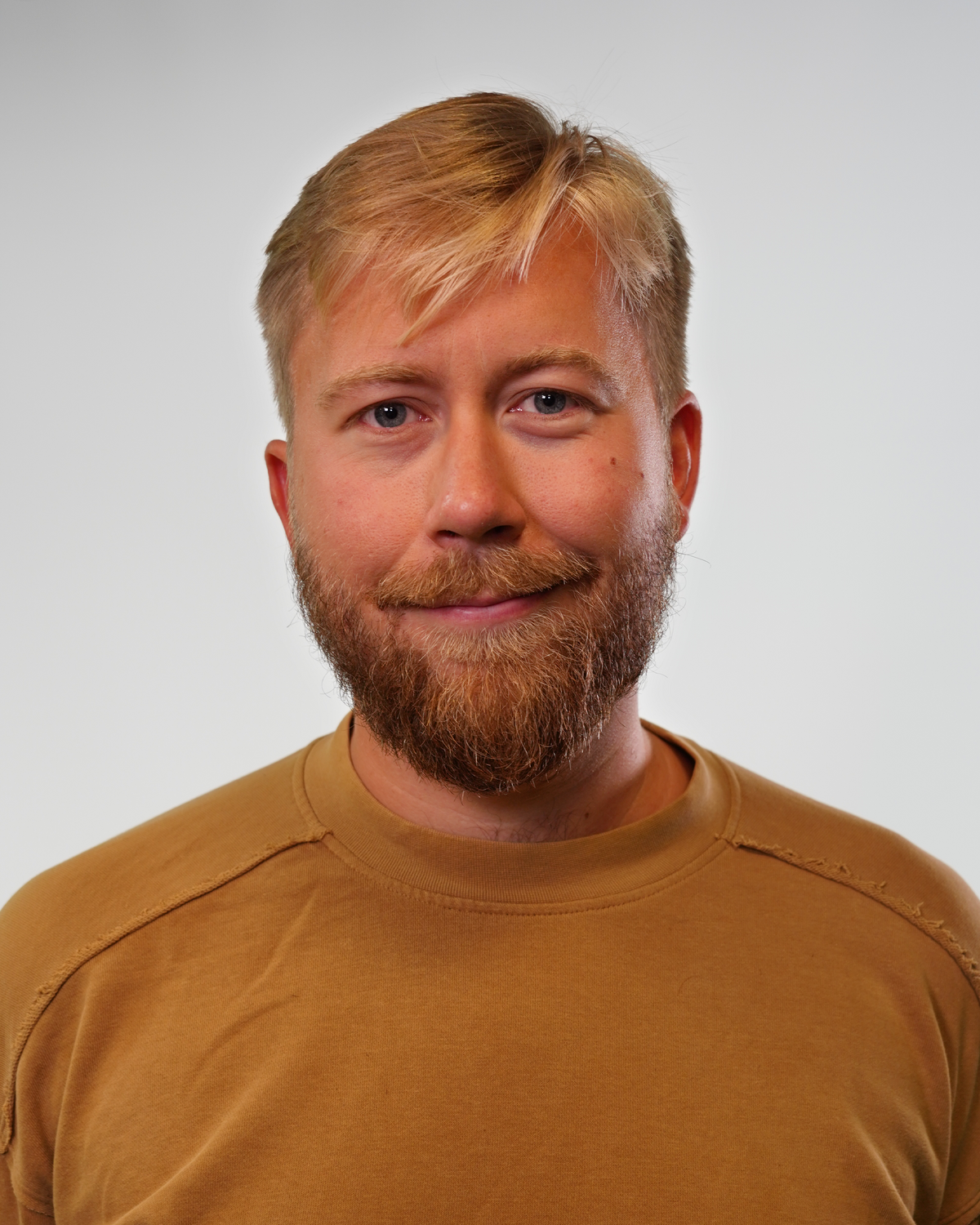
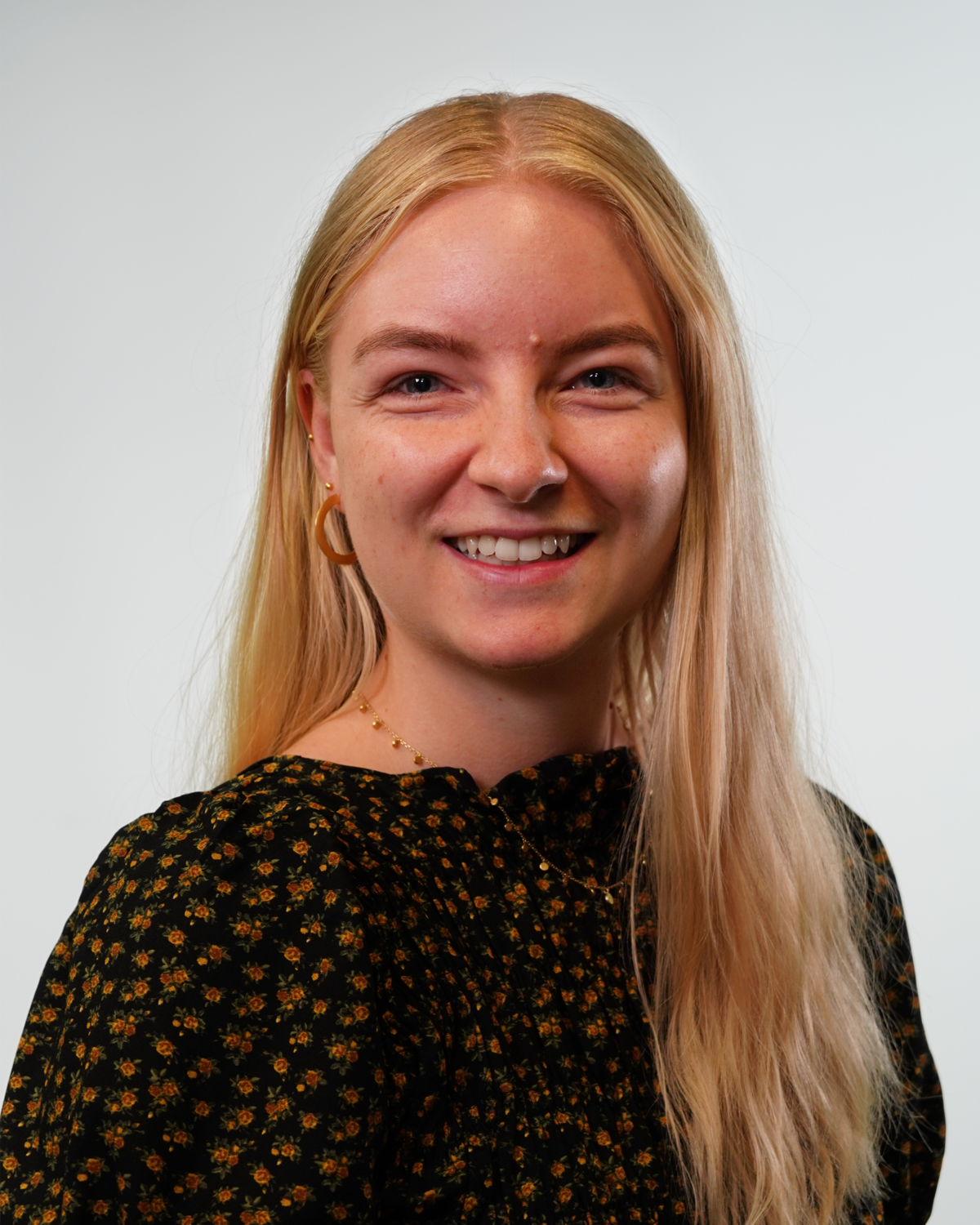
Iben Hermansen is a student assistant at the Department of Media and Journalism Studies at Aarhus University, where she works with events and locations. She is currently studying for a master’s degree in Media studies which she will finish summer of 2024.
Benjamin Bisgaard is a student assistant at the Department of Media and Journalism Studies at Aarhus University, where he works with events and locations. He is currently studying a master’s degree in Media Studies which he will finish in the summer of 2024.
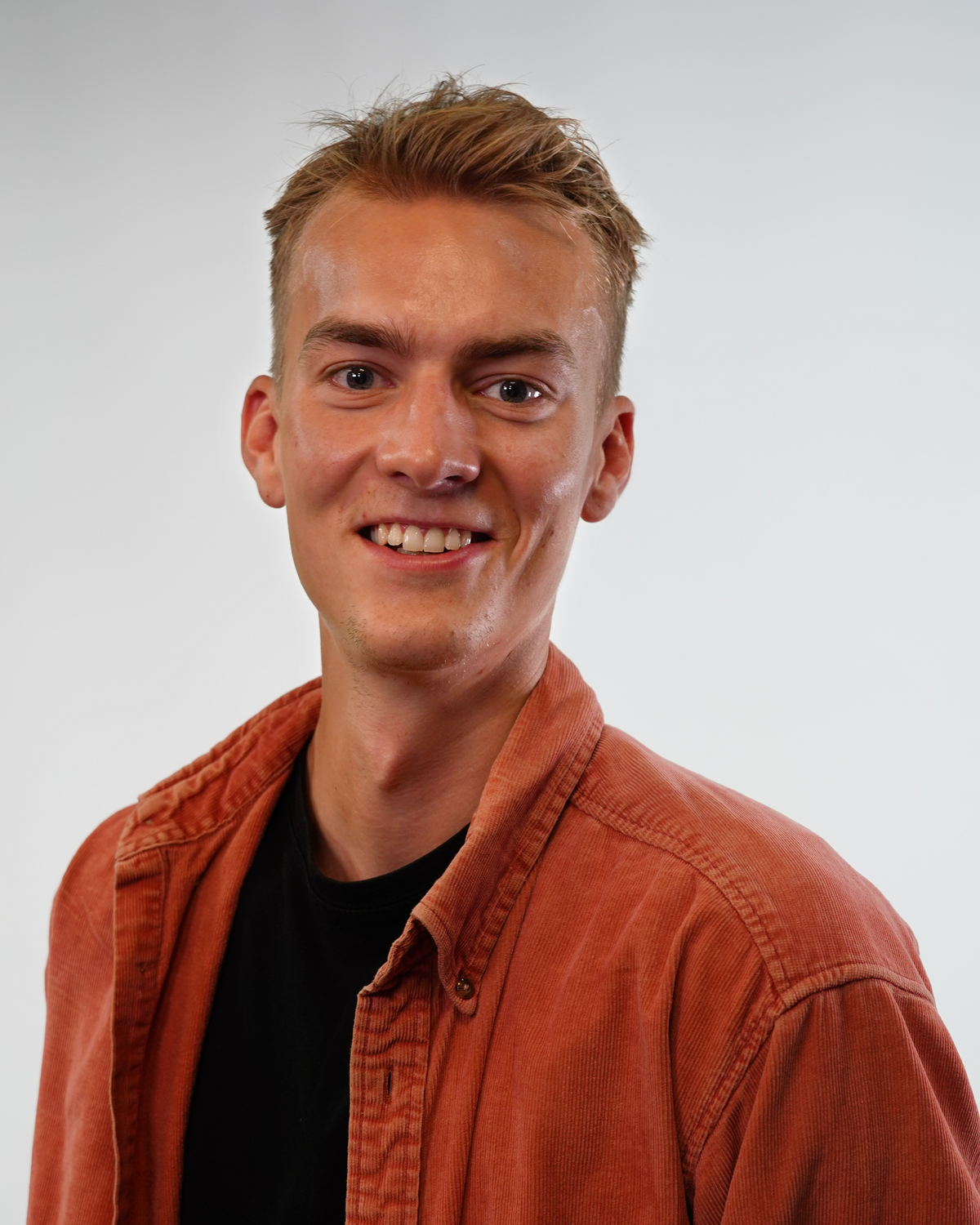
Founded in 1928 as a private university with funds from the business community, Aarhus University (AU) became a public university in 1970. Today, more than 38,000 students are enrolled, and AU is recognized internationally for its research within the many domains of digital media, film and television studies and the creative industries. Aarhus University (AU) is a modern university that has grown to become a leading public research university with international reach covering the entire research spectrum. The University is a top ten university among universities founded within the past 100 years. It has a long tradition of partnerships with some of the world’s best research institutions and university networks.
AU has a strong commitment to the development of society that is realized through its collaboration with government agencies and institutions and the business community. Collaboration with local and regional businesses and public authorities is a priority for the university, as well as collaboration with business and industry, play an important role in both research and education at Aarhus University. Aiming to build strong strategic partnerships with industry, local and national government, not-for-profit organisations and like-minded educational institutions. Find more information about Aarhus University.
The Department of Media and Journalism Studies at Aarhus University encompasses 40 staff members and 800 students, distributed on seven different study programmes, including media and film studies, journalism studies as well as the international Erasmus Mundus Master Programme programme in journalism. In the QS World University Ranking system, communication and media studies at Aarhus University has consistently ranked in the top 50 since 2012 and is currently ranked 36 in the world and number 11 in Europe. The department is hosting several internationally acknowledged research centres: The Centre for University Studies in Journalism, Datalab - The Centre for Digital Social Research, The Centre for Internet Studies, The Centre for Media Industries and Production Studies, The Centre for Transnational Media Research, The Centre for Digital Methods and Media, Centre for the Evaluation of Culture and The Centre for Sound Studies. Organisationally, the Department of Media and Journalism Studies at Aarhus University is one of the nine departments that make up the School of Communication and Culture in the Faculty of Arts.
Find more information about the Department of Media and Journalism Studies.
Danish School of Media and Journalism is a merger of the graphic school and the Danish Journalist School. Both schools were established by the media industry, and the aim was then, as now, to build research and education centers who deliver the best possible specialized graduates in the areas.
The graphic school was established in 1943, while a course in Journalism has been taught at Aarhus University since 1946. Then from 1962 the Danish Journalist School became the only official place to educate journalists in Denmark. In January 2008, the two schools merged and became DMJX. In 2011, a bachelor in communication was added to an already broad range of bachelors which include TV- and media production, visual communication, media production and management as well as photojournalism and journalism.
The school has two campus, one in Aarhus and one in Copenhagen, and the school in Aarhus houses students of communication, journalism and photo journalism.
The core of all the educations is to work for a better understanding of society and democracy and to educate strong communicators. Every year about 500 students start a bachelor at the school and DMJX has about 160 employees.
Find more information about the Danish School of Media and Journalism.